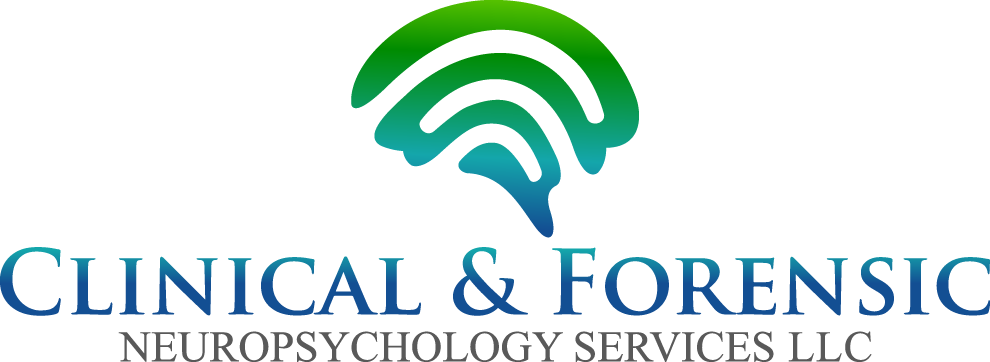The National Academy of Neuropsychology (2001) defined a clinical neuropsychologist as “a professional within the field of psychology with special expertise in the applied science of brain-behavior relationships,” and adequate training in the field includes broad exposure to the assessment, diagnosis, and treatment of patients across the lifespan. Dr. Gordon focuses on the assessment and treatment of adults and older adults.
The American Psychological Association (Division 40, Clinical Neuropsychology, 2001) further defined a clinical neuropsychologist as a “licensed psychologist with expertise in how behavior and skills are related to brain structures and systems.”
Clinical Neuropsychologists evaluate brain function by using objective tests to measure memory and other cognitive abilities. These tests allow neuropsychologists to identify patterns of strengths and weaknesses as they pertain to diagnosis and treatments such as cognitive rehabilitation, behavior management, psychotherapy, or interdisciplinary care.
Why have I been referred for testing?
Neuropsychological evaluations help your doctors and other professionals understand how your brain is working in different areas as the concerns you and your doctor have may be due to any number of factors. Testing is helpful in understanding your particular situation.
What is measured?
A typical neuropsychological evaluation will assess your abilities in terms of:

Note:
Dr. Gordon uses the initial interview and record review to determine which abilities need to be measured to meet the needs of each patient. Therefore, not all patients receive the same battery of tests.
How are test scores used to understand my situation?
Dr. Gordon will use your test scores to identify your strengths and limitations by comparing your scores to people who are similar to you in important ways using data from large groups of people who are functioning normally. Test data can help to show if you have changed over time in certain abilities and what might be needed to support you in improving your abilities in these areas.
What will the results tell me?
Test results can be used to understand your situation in numerous ways such as:
What should I expect?
On the date of your initial evaluation, you will complete a series of forms regarding your personal background and treatment history. You will then review this information in a formal interview with Dr. Gordon in effort to get a full understanding of your concerns. You will be asked about your symptoms, medical history, medications, and other relevant factors. Testing will then be ordered and completed either that day or at another date, depending on the complexity of the evaluation. Testing involves paper-and-pencil or computerized tests and answering questions.
The length of the evaluation depends on the problem being assessed. In general, several hours are needed to assess the many skills involved in processing information, and complex questions may require a full day (5-7 hours) of testing. Many patients comment that some of the tests are easy, while others are challenging. The most important thing you can do is try your best on everything that is asked of you.
Also, please remember to bring your eye glasses and/or hearing aids to all appointments, even if you feel you do not need them. On the day before the evaluation, try to rest and relax. Many patients enjoy testing and find it interesting, but it is important to be fully rested and ready for the tasks.
After testing is completed, Dr. Gordon will need time to score and interpret all of the data and then to write the formal report. The report will then be submitted to your referring provider and you will be scheduled for a follow-up feedback session to discuss the findings and treatment recommendations.
Note: Legal and disability-related evaluations are not the same as medical-related evaluations and may involve a different fee and testing structure as well as feedback process. Please have your attorney and/or case manager contact the office with questions regarding cases involving litigation.
This information was adapted from:
Clinical Neuropsychology: A Guide for Patients and Their Families.
An educational pamphlet brought to you by the Public Interest Advisory Committee, Division 40 (Clinical Neuropsychology), American Psychological Association © 2001 Division 40, APA.

